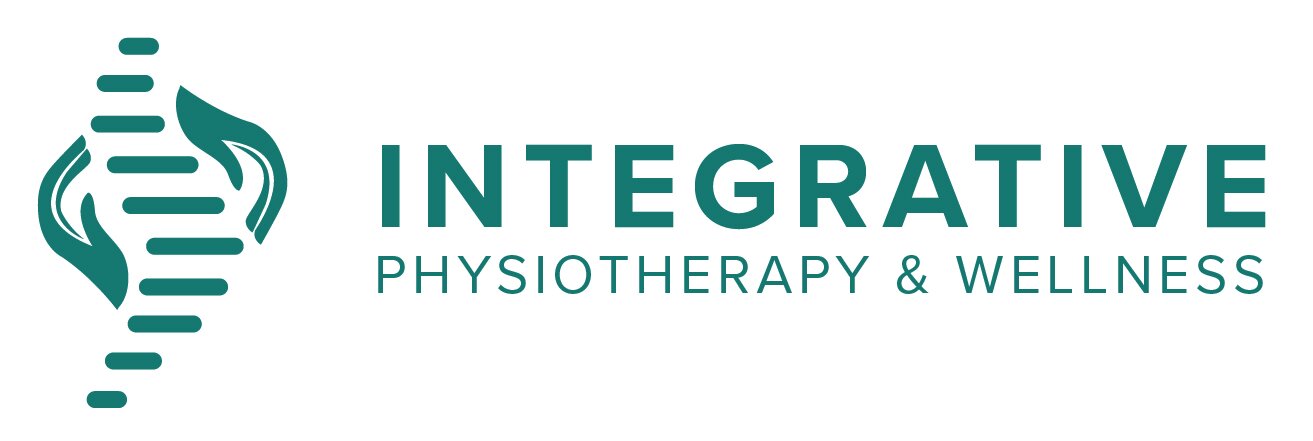Vestibular Rehabilitation
What is Vestibular Rehabilitation?
The vestibular system is a very tiny structure in our inner ears, which works as a sensor for body motion and aids in maintaining balance, and hearing also. Vestibular rehabilitation is a personalized and specialized therapy that functions to improve any dysfunction related to the vestibular system like dizziness, balance problems, vertigo, and many more. It includes a comprehensive assessment and symptoms-related exercise program.
How can Vestibular Rehab help you?
If you are suffering from Dizziness, vertigo, fogginess, or balance dysfunction after a head injury (concussion), ear infection or due to any other condition, you can get benefits from vestibular rehabilitation. Our Physiotherapists are skilled in assessing your current condition with a thorough assessment and building personalized exercise protocols based on assessment results for you.
We build a personalized treatment protocol focusing on your current key symptoms mainly, vertigo, dizziness, and imbalance. We continue to keep our communication with your family doctor or physician to progress and help you to return to your daily activities/sports
Initial Assessment
Vestibular assessment:
Along with a detailed history of the patient, other screening tools are helpful in determining the severity of symptoms.
VOMS (Vestibulo-Ocular Motor Screening) Assessment: This screening tool helps to assess any dysfunction in the Vestibular as well as the Ocular system.
It has five items to assess:
Smooth Pursuits
Saccades
Convergence
Vestibulo-Ocular Reflex
Visual-Motion Sensitivity
Maintaining balance is also one of the functions of the Vestibular System.
BESS (Balance Error Scoring System), DGI (Dynamic Gait Index), CTSIB (Clinical Test of Sensory Interaction on Balance), and mini-BEST (Balance Evaluation Systems Test) are examples of screening tools clinicians can use to assess vestibular system function.
Our Treatment Approach
After the detailed assessment, a personalized treatment plan will be developed by the Physiotherapist to help each patient work on their individual functional goal.
Physiotherapy Treatment Interventions focus on exercises for Vestibulo-Ocular Deficits which may include:
Gaze stabilization
Smooth pursuits
Habituation exercise
Standing balance
Dynamic balance
If BPPV Benign Paroxysmal Positional Vertigo is present, Canalith repositioning may be appropriate.

